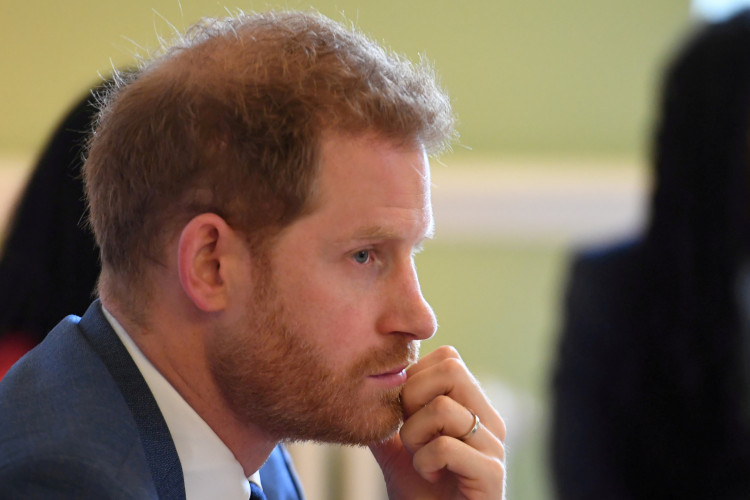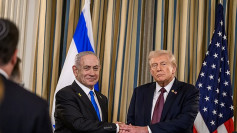Prince Harry's ongoing visa troubles in the United States may not be over yet, as a conservative think tank, the Heritage Foundation, has renewed its legal efforts to unearth the Duke of Sussex's visa records. The foundation's lawsuit against the Department of Homeland Security (DHS) seeks to determine if Harry received special treatment due to his royal status. This case has drawn significant attention due to Harry's own admissions in his memoir Spare, where he disclosed using drugs such as cannabis, cocaine, magic mushrooms, and ayahuasca.
The Heritage Foundation originally filed the lawsuit earlier this year, aiming to force DHS to release the Duke's visa records. They argue that his past drug use, openly detailed in his book, should have been enough to disqualify him from receiving a U.S. visa under typical immigration standards. However, the case was dismissed in September, with the Biden administration successfully defending Harry's right to privacy. The judge's ruling, which had large sections redacted to protect Harry's personal information, has now become the center of renewed legal efforts to reopen the case.
According to court documents obtained by Newsweek, the Heritage Foundation is requesting the court to vacate the previous ruling and unseal the private correspondence between the DHS and the judge, which played a role in the initial decision. The foundation argues that these documents were unnecessarily kept secret, and the redactions compromised their ability to make a strong case in court. The group's legal team contends that withholding this information has severely hindered their ability to prepare for an appeal and that there is evidence of "agency bad faith" in how the case has been handled.
In the application to reopen the case, the foundation's lawyers stated: "This Court should vacate its opinion and order, enter all ex parte correspondence on the docket, unseal ex parte correspondence consistent with the Opinion." They believe that transparency is crucial to ensure that Prince Harry's visa application was not subject to preferential treatment due to his royal background.
Judge Carl J. Nichols, who presided over the case, previously ruled in favor of the government, agreeing that Harry's right to privacy outweighed the public's interest in his immigration status. In a redacted memorandum, Nichols wrote: "The government argues that the Duke has a privacy interest that outweighs any public interest in those records and has therefore withheld them." He further noted that after reviewing certain records, he concluded that Harry's privacy concerns were valid.
The lawsuit has placed Prince Harry's visa status in the spotlight, generating speculation about whether the Duke of Sussex might face potential repercussions. If the foundation succeeds in reopening the case and proving that Harry's visa application was improperly handled, there could be implications for his current residency in the U.S. The lawsuit has also caught the attention of former President Donald Trump, who weighed in publicly on the matter, adding to the controversy.
The Heritage Foundation's legal battle coincides with the recent re-release of Spare in paperback, where Harry's past drug use was discussed. The think tank claims that such admissions should have been enough to deny him entry to the U.S. under immigration laws, which typically prohibit individuals with a history of drug use from obtaining visas.
Despite the case's termination, the foundation's decision to press forward underscores their belief that there is more to be uncovered. They argue that secrecy surrounding the Biden administration's communications with the judge during the legal process raises questions about the integrity of the proceedings. The group insists that their case "does not comport with our adversarial system" and that the court's decision could set a problematic precedent for future immigration cases involving high-profile individuals.
For Prince Harry, this legal battle adds to the series of challenges he has faced since stepping back from royal duties and moving to the U.S. with his wife, Meghan Markle. The lawsuit also brings renewed attention to his public statements in Spare, which have led to scrutiny over whether his admissions about drug use were considered during his visa application process.






